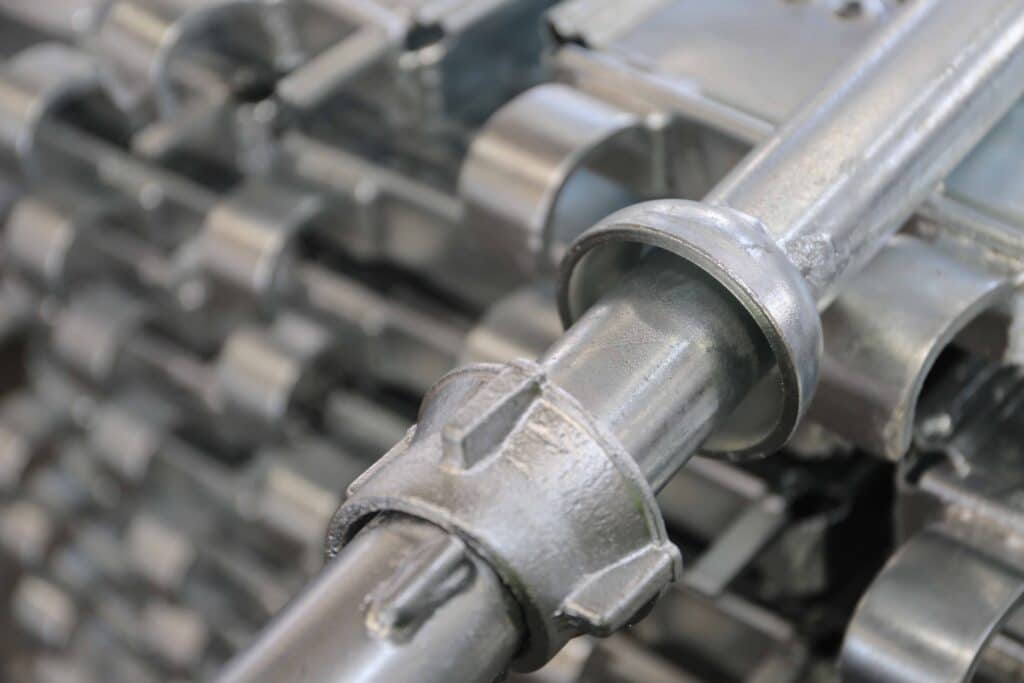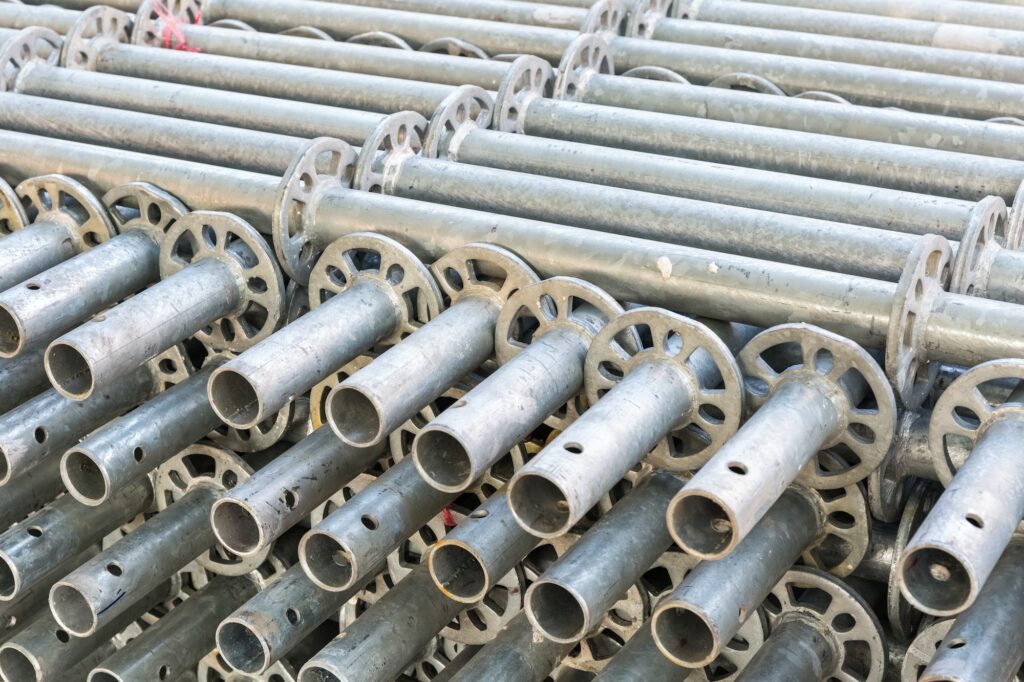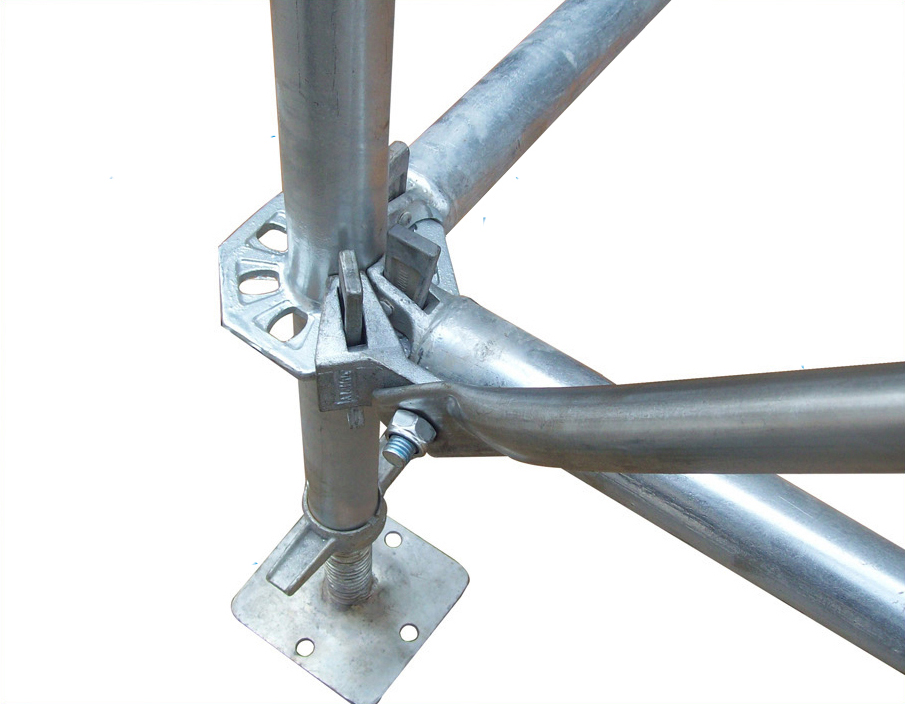Why Understanding Import Procedures for Scaffolding and Formwork in Singapore is Crucial?
Singapore enforces strict import regulations on scaffolding and formwork, leading to potential delays or fines if not followed.
Failing to prepare necessary documents or meet quality standards can severely disrupt construction timelines.
Learn the key import procedures to ensure smooth clearance and avoid unnecessary costs.
What Are the Required Documents for Importing Scaffolding and Formwork to Singapore?
Incomplete documentation is one of the top reasons for customs clearance issues.
Essential documents include a commercial invoice, bill of lading, packing list, certificate of origin, and valid testing certificates that meet Singapore’s building standards.
To simplify the process:
Commercial Invoice: Clearly outline the product details, quantity, and value.
Certificate of Origin: Required for customs verification to confirm the product’s origin.
Testing Certificates: EN1090 or SS580 certifications are mandatory for scaffolding imports.
External Links:
Detailed explanation of [Singapore customs documentation requirements].
Guide on [how to prepare certificates for scaffolding imports].
Are There Specific Quality and Safety Standards to Meet?
Non-compliance with quality standards can lead to shipment rejections or fines.
Scaffolding and formwork must adhere to SS580 or EN1090 certifications. Third-party testing through agencies like TUV or SGS is highly recommended.
The focus on quality is especially critical for products like ringlock scaffolding and modular scaffolding, which are widely used in large-scale projects. Investing in certified products ensures durability and safety for end users.
External Links:
Overview of [Singapore scaffolding safety standards].
Tips on [choosing a reliable testing agency for construction materials].
What Are the Duties and Taxes for Scaffolding Imports?
Tariffs and taxes are a key consideration for budgeting your imports.
While construction materials like scaffolding are duty-free, they are subject to Singapore’s Goods and Services Tax (GST), which is currently 8%.
Calculating GST:
For scaffolding valued at SGD 10,000, the GST payable would be SGD 800.
Ensure accurate invoicing to avoid overpayment or delays.
External Links:
Breakdown of [Singapore GST rates and applications].
Learn about [how GST affects construction imports].
How to Choose Efficient Logistics and Customs Clearance Agents?
Delays in delivery due to inefficient agents can disrupt project schedules.
Choose experienced agents offering services like document verification, warehousing, and expedited customs clearance.
Look for agents familiar with handling scaffolding rental Singapore needs, as they often require time-sensitive deliveries. An efficient partner ensures seamless clearance for high-demand products such as scaffolding Singapore solutions.
External Links:
List of [recommended logistics providers for construction materials].
Insights on [how to avoid delays in customs clearance].
Conclusion
Understanding and adhering to Singapore’s import regulations for scaffolding and formwork minimizes risks and maximizes efficiency. Ensure all documents, certifications, and taxes are in order while partnering with reliable agents to achieve seamless customs clearance.





